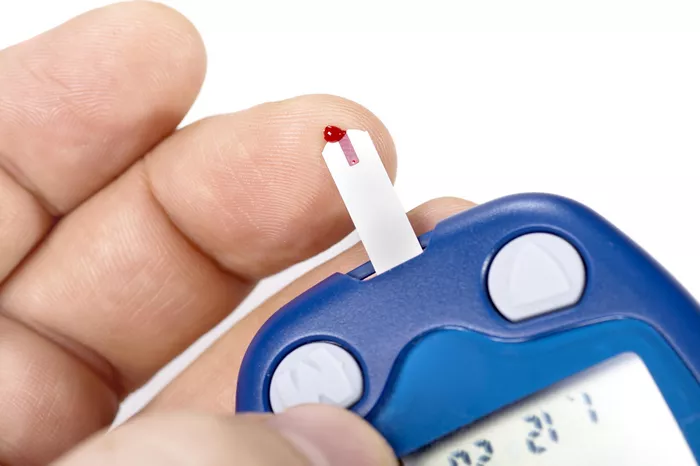Severe hypoglycemia is defined as dangerously low blood sugar levels, typically below 54 mg/dL (3.0 mmol/L). It is a critical condition that can lead to serious complications if not promptly treated. The body’s normal glucose regulation involves a delicate balance between insulin and glucagon, hormones that help maintain blood sugar levels within a narrow range. A hypoglycemic event occurs when blood sugar levels drop too low, disrupting this balance and causing various physiological effects.
Impact on the Body’s Organs
Hypoglycemia can have profound effects on the body, particularly on organs that rely heavily on glucose for energy, such as the brain and cardiovascular system. When blood sugar levels are too low, cells throughout the body are deprived of their primary energy source, leading to symptoms such as confusion, dizziness, weakness, and sweating. The most vulnerable organs to severe hypoglycemia include the brain and cardiovascular system, as they require a constant supply of glucose to function properly.
Cardiovascular System
Hypoglycemia can adversely affect the cardiovascular system by causing changes in heart rate, blood pressure, and blood vessel function. During a hypoglycemic event, the body releases stress hormones such as adrenaline, which can lead to increased heart rate and constriction of blood vessels, potentially resulting in palpitations, chest pain, and even arrhythmias. Prolonged or recurrent episodes of hypoglycemia may increase the risk of cardiovascular complications such as myocardial infarction and stroke.
Neurological Effects
The brain is particularly sensitive to changes in blood sugar levels and relies almost exclusively on glucose for energy. Hypoglycemia can impair cognitive function and lead to symptoms such as confusion, irritability, difficulty concentrating, and even seizures in severe cases. Prolonged or recurrent episodes of hypoglycemia may also increase the risk of long-term neurological complications such as cognitive decline and dementia.
Prevention and Management
Preventing severe hypoglycemia involves maintaining blood sugar levels within a target range through a combination of medication, diet, exercise, and regular blood glucose monitoring. Individuals with diabetes should be educated about the signs and symptoms of hypoglycemia and instructed on how to respond appropriately. Strategies for preventing hypoglycemia include adjusting medication doses, timing meals and snacks to avoid prolonged periods of fasting, and monitoring blood sugar levels closely during exercise and other activities.
Treatment Options
Immediate treatment for severe hypoglycemia involves consuming fast-acting carbohydrates such as glucose tablets, fruit juice, or candy to raise blood sugar levels quickly. If the individual is unconscious or unable to swallow, glucagon injection may be administered by a caregiver or emergency medical personnel. Long-term treatment options for severe hypoglycemia may include adjusting medication regimens, adopting a balanced diet, and making lifestyle modifications to reduce the risk of recurrent episodes.
Case Studies and Research
Recent research has highlighted the importance of early recognition and intervention in preventing complications of hypoglycemia. A study published in the New England Journal of Medicine found that intensive glycemic control in patients with type 2 diabetes was associated with an increased risk of hypoglycemia and cardiovascular events. Another study published in Diabetes Care reported that recurrent episodes of hypoglycemia were associated with cognitive impairment and an increased risk of dementia in older adults with diabetes.
Conclusion
In conclusion, hypoglycemia can have significant effects on the body, particularly on the cardiovascular system and brain. Understanding the impact of hypoglycemia on different organs is essential for preventing complications and ensuring optimal outcomes for individuals with diabetes. By implementing strategies to prevent hypoglycemia, recognizing the signs and symptoms, and responding promptly with appropriate treatment, individuals with diabetes can reduce the risk of severe hypoglycemia and improve their overall quality of life.
Related Topics:
























